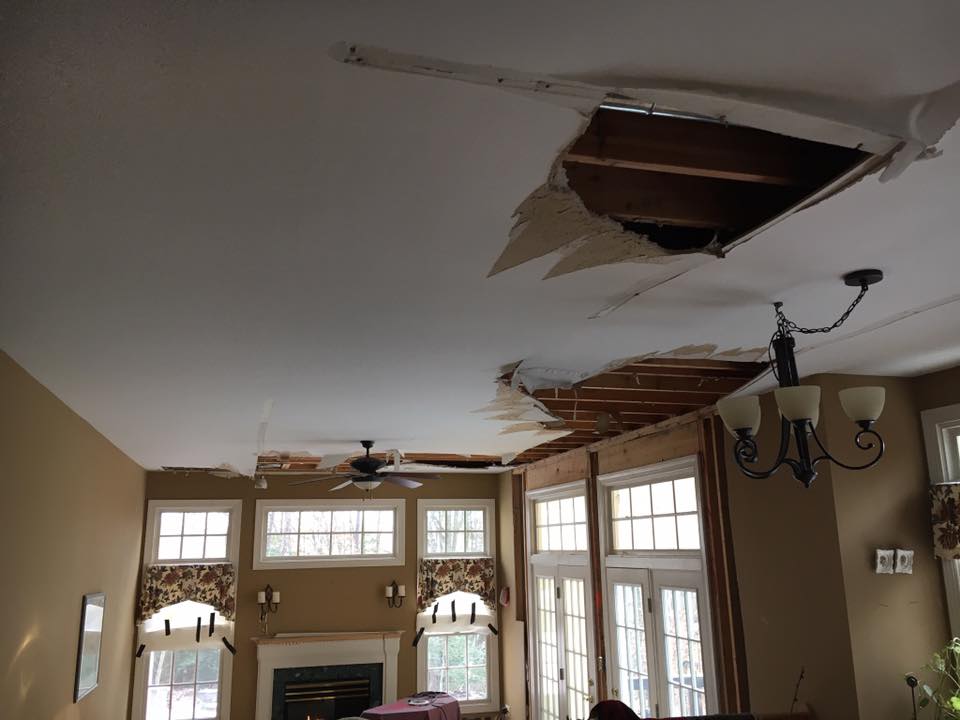What to Do the First 48 Hours After Experiencing Water Damage in the Basement


You have experienced a flood inside the basement. What measures should you take in order to avoid severe damages while waiting for the pros to arrive on the scene? The first 48 hours are critical. Let’s cover what to do the first 48 hours after experiencing water damage in the basement:
Turn Off Electricity and Gas
Before getting close to the water, turn off your natural gas and electricity. Avoid entering a flooded space until the gas and electricity have been disconnected and/or turned off.
Call the Restoration Professionals and Insurance Company
Figure out if your insurance policy covers any damages. There is a broad array of differences in policies; however, the majority of companies require that you invest in a special insurance that covers flooding. However, sometimes damages from the plumbing system or leaky water heater might be covered. Contact the insurance company to receive accurate information and inform them that you have plans to contact DNA Pro Cleaning & Restoration for all water remediation needs.
Quickly Remove Water
Start removing as much water as possible, as rapidly as you can. It’s possible to use a wet-dry vacuum, sponges, towels, mops, and buckets. It is a great idea to open doors and windows, so water moves throughout the basement, and carries out moisture-filled air.
Move Valuables to a Dry Area
With drying underway, the following measure includes removing your valuables to a dry place. Be aware that when furnishings absorb water, they’ll become heavy. Take care to safely transport sofas, appliances, carpeting, and other valuables from your basement. Move them to a well-ventilated, dry space.
Discard Damaged Valuables
Some of your valuables, unfortunately, might not be salvageable. If you have taken action within 48 hours of the flood, there is an opportunity to save organic or porous items. But you must have those items thoroughly dry before the 48 hours passes. Be careful with the following items, according to the Environmental Protection Agency:
- Wood
- Upholstered furnishings
- Paper
- Fiberglass insulation
- Fabrics
- Drywall
- Carpeting
If those items are not completely dried, mold might develop inside the valuables and cause more problems down the road.






